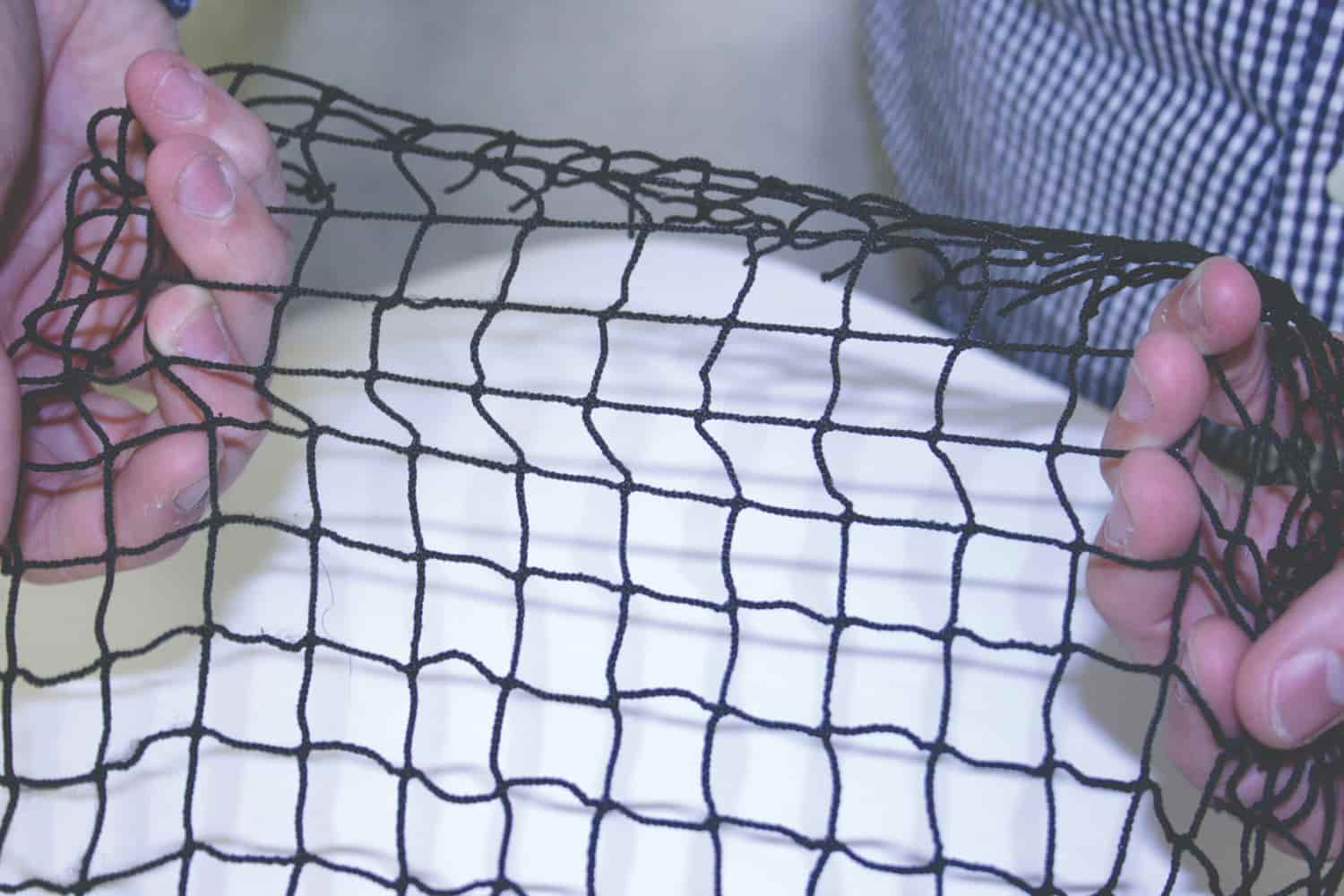
Maximizing Garden Success with Garden Netting: A Gardener’s Guide
Gardens are not just plots of land; they are sanctuaries where nature’s bounty flourishes under the tender care of gardeners. However, the journey to a thriving garden is fraught with challenges, from pesky pests to unpredictable weather. In the arsenal of tools available to gardeners, garden netting shines as a versatile and indispensable ally. Let’s explore the myriad benefits of garden netting and how it can elevate your gardening endeavors.
1. Pest Protection: Nothing can dampen the joy of gardening quite like discovering that pests have ravaged your plants overnight. Garden netting acts as a formidable barrier against these unwanted intruders, preventing insects, birds, and small animals from feasting on your precious crops. By covering your garden beds or individual plants with netting, you create a shield that preserves your harvest and ensures its bounty is enjoyed by you, not pests.
2. Bird Deterrent: Birds, while delightful to watch, can quickly turn into adversaries when they set their sights on your ripe fruits and tender shoots. Garden netting provides an effective solution by creating a physical barrier that denies birds access to your crops. The fine mesh of the netting keeps birds at bay without causing harm, allowing your fruits and vegetables to ripen undisturbed until they’re ready for picking.
3. Weather Resilience: Mother Nature’s whims can be unpredictable, subjecting your garden to the whims of heavy rain, hail, or scorching sun. Garden netting serves as a shield against these elements, providing protection to your plants when they need it most. By covering your garden beds or erecting shelters with netting, you can mitigate the impact of adverse weather and safeguard the health and vitality of your garden.
4. Sunlight Regulation: While sunlight is essential for plant growth, too much of it can be detrimental, leading to sunburn or wilting. Garden netting allows you to regulate the amount of sunlight reaching your plants by providing shade where needed. By strategically positioning netting over your garden beds, you can create a more favorable microclimate, promoting healthy growth and preventing sun-related damage.
5. Support for Climbing Plants: Many gardeners cultivate climbing plants such as peas, beans, or cucumbers, which require support as they grow vertically. Garden netting offers an ideal solution, serving as a sturdy framework for these plants to climb and thrive. By training your climbing plants to grow along the netting, you can maximize space in your garden and improve air circulation, essential for preventing diseases.
6. Disease Prevention: Garden netting not only keeps pests and animals at bay but also helps prevent the spread of plant diseases. By creating a physical barrier between plants, netting reduces the risk of pathogens being transmitted from one plant to another. This proactive approach to disease prevention can significantly improve the overall health of your garden, ensuring your plants thrive without the threat of infections.
In conclusion, Garden Netting is a versatile and indispensable tool for any gardener seeking to protect and nurture their plants. From pest control to weather resilience and beyond, the benefits of garden netting are manifold. By incorporating garden netting into your gardening routine, you can create a safer, more productive environment for your plants to flourish, ensuring a bountiful harvest and a thriving garden for seasons to come.